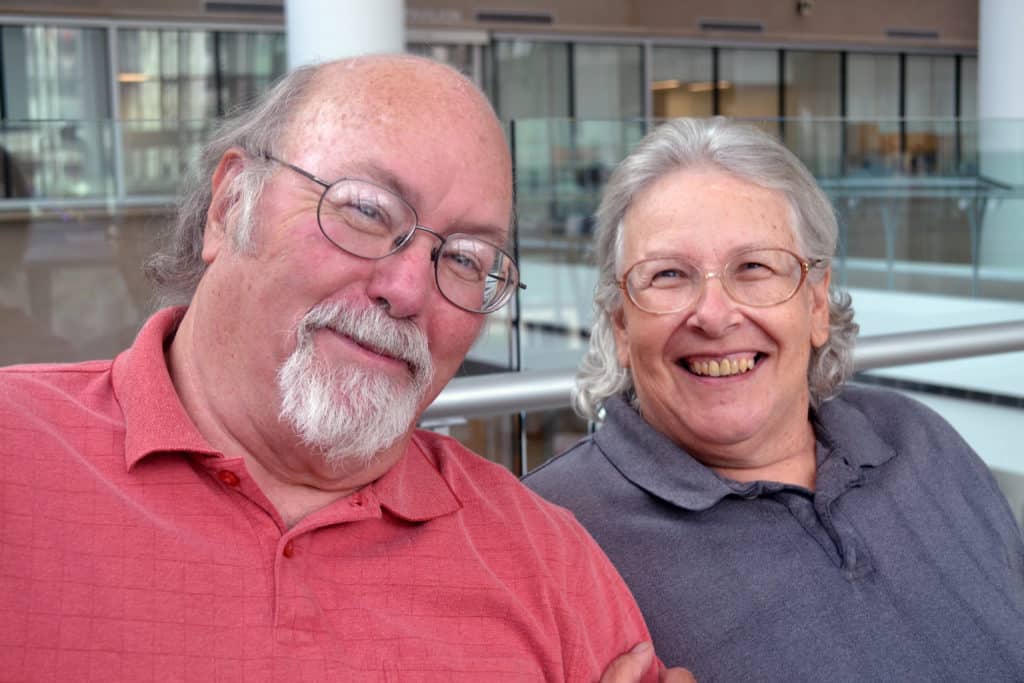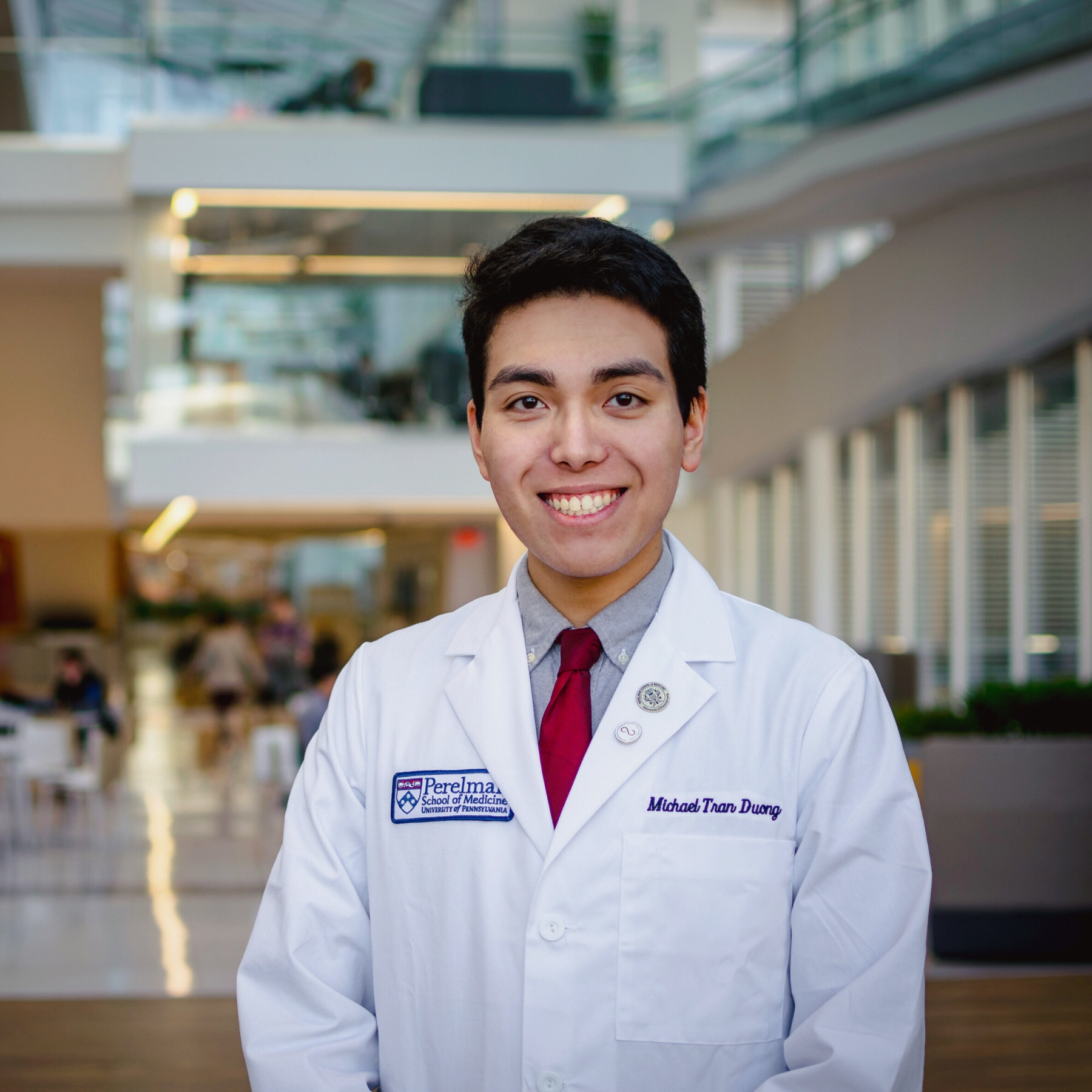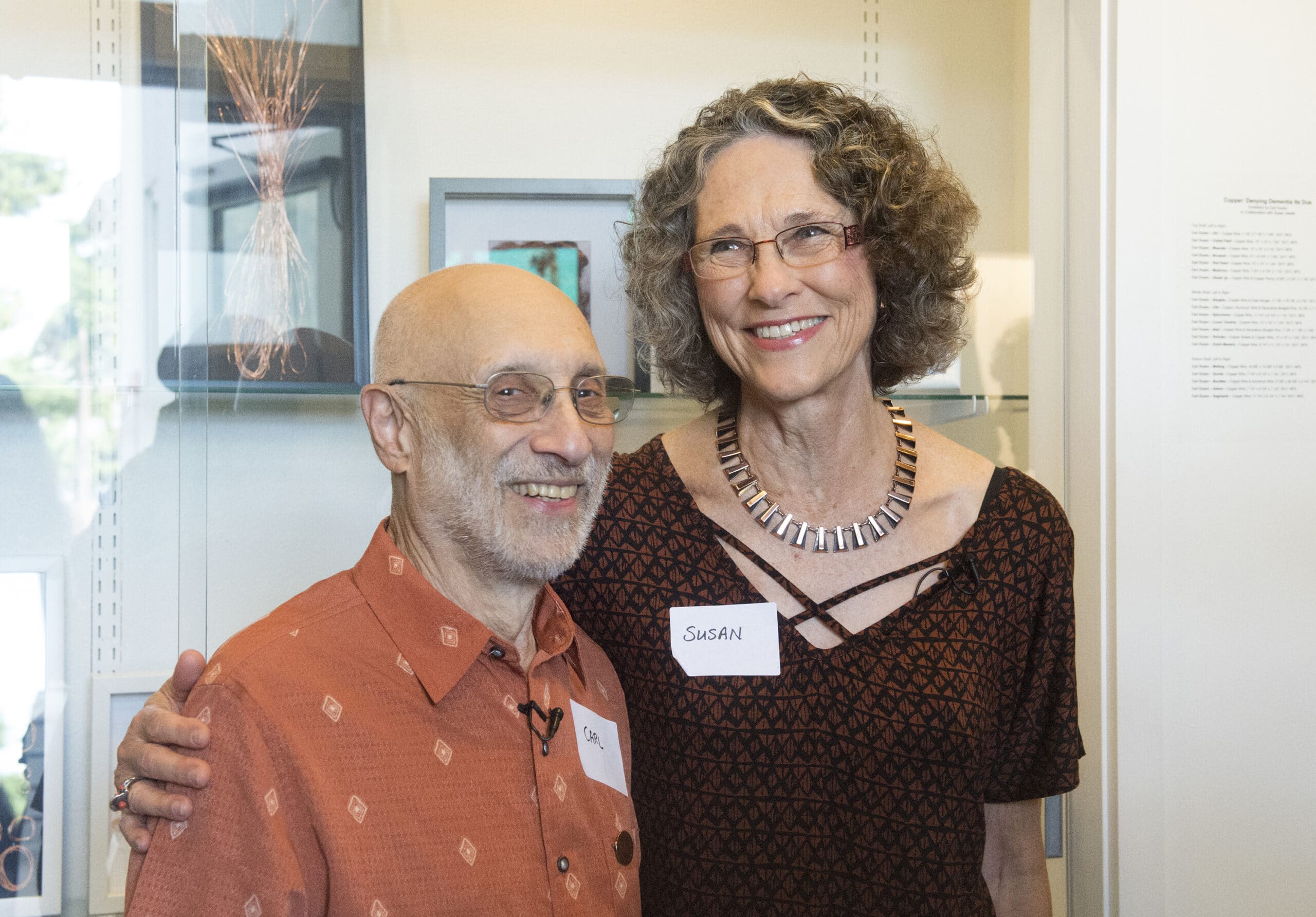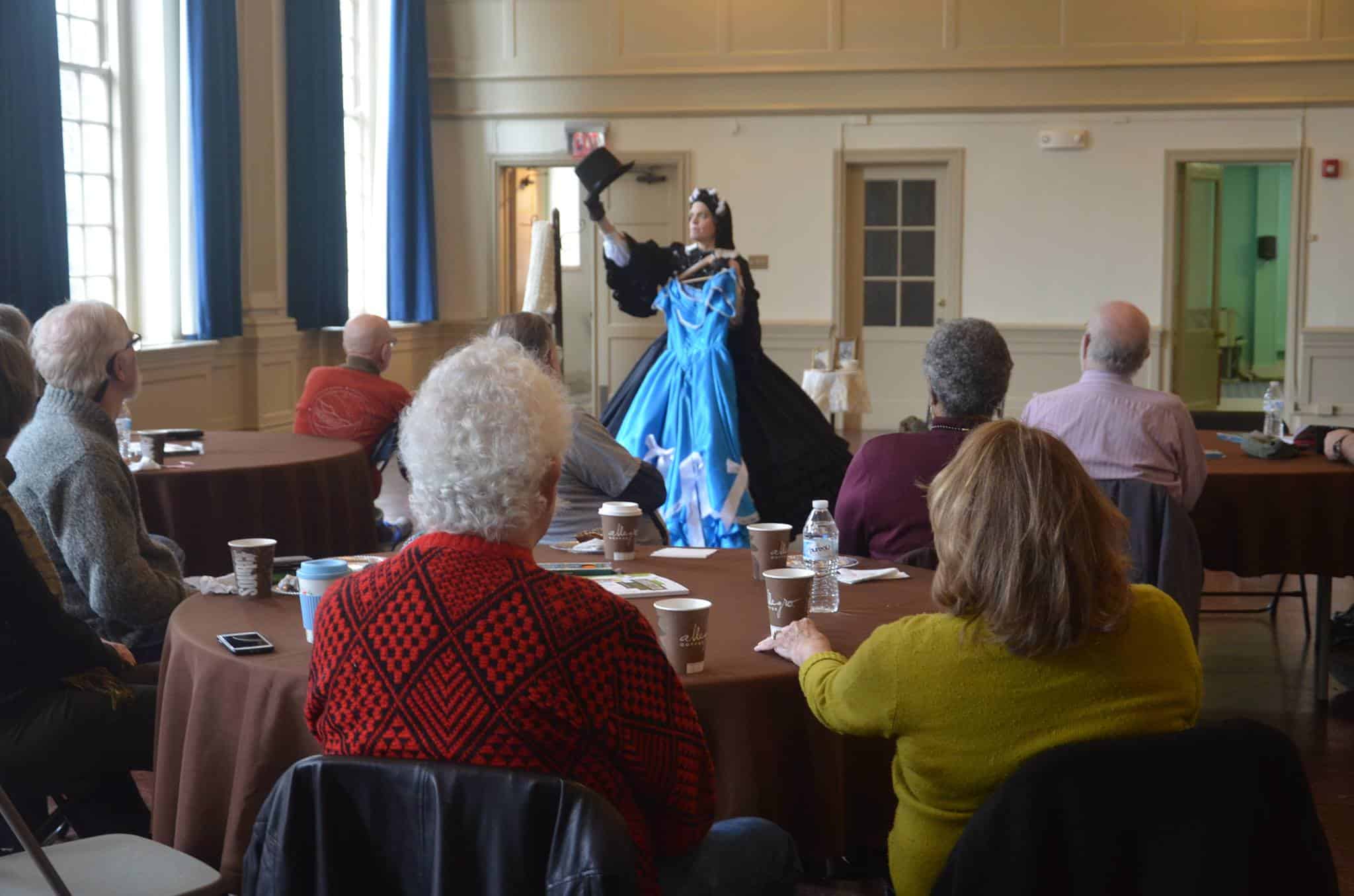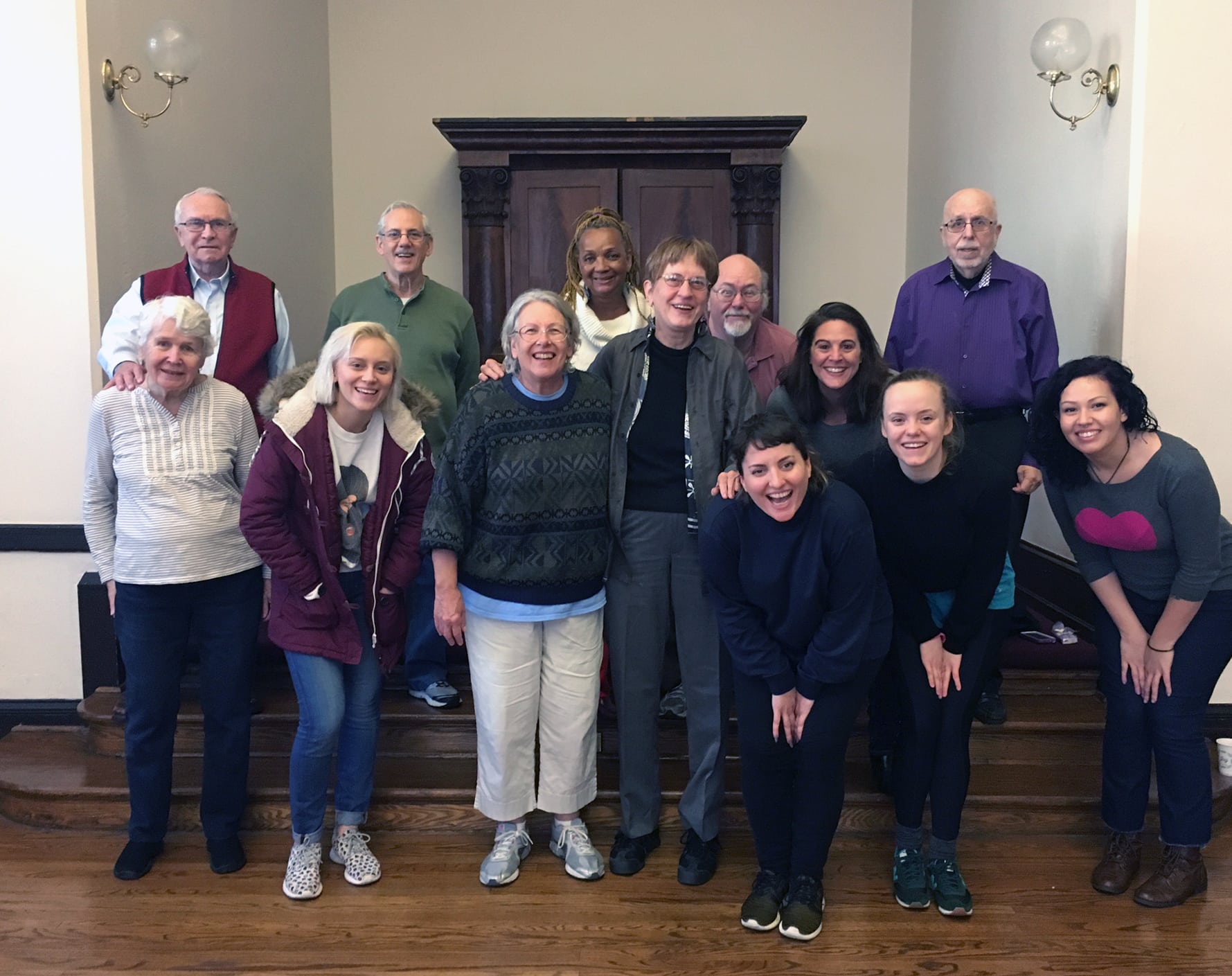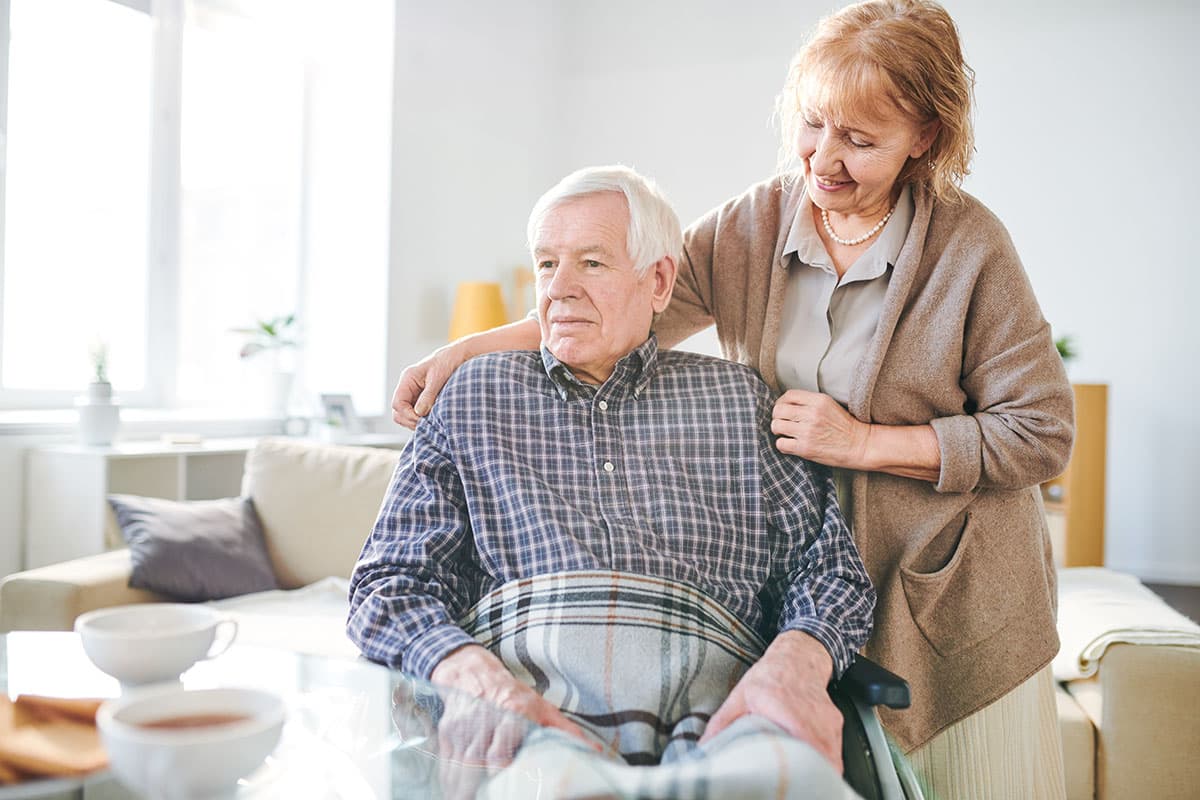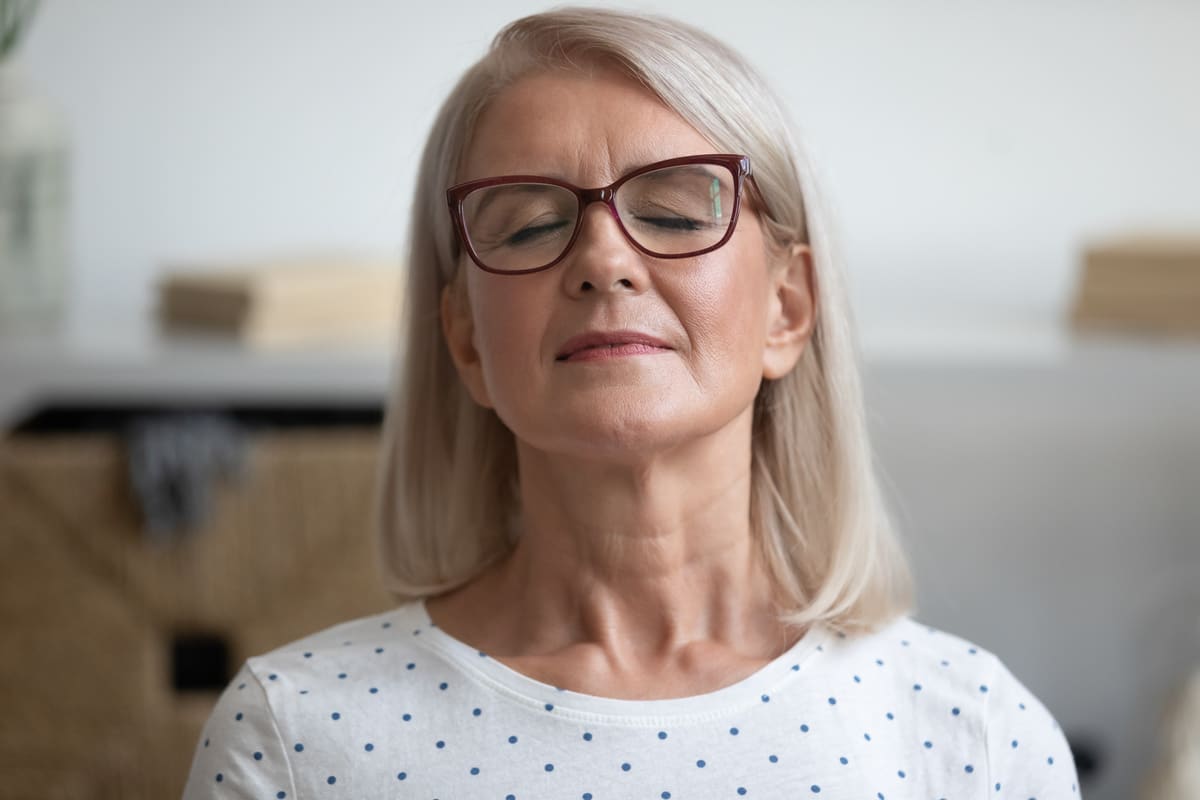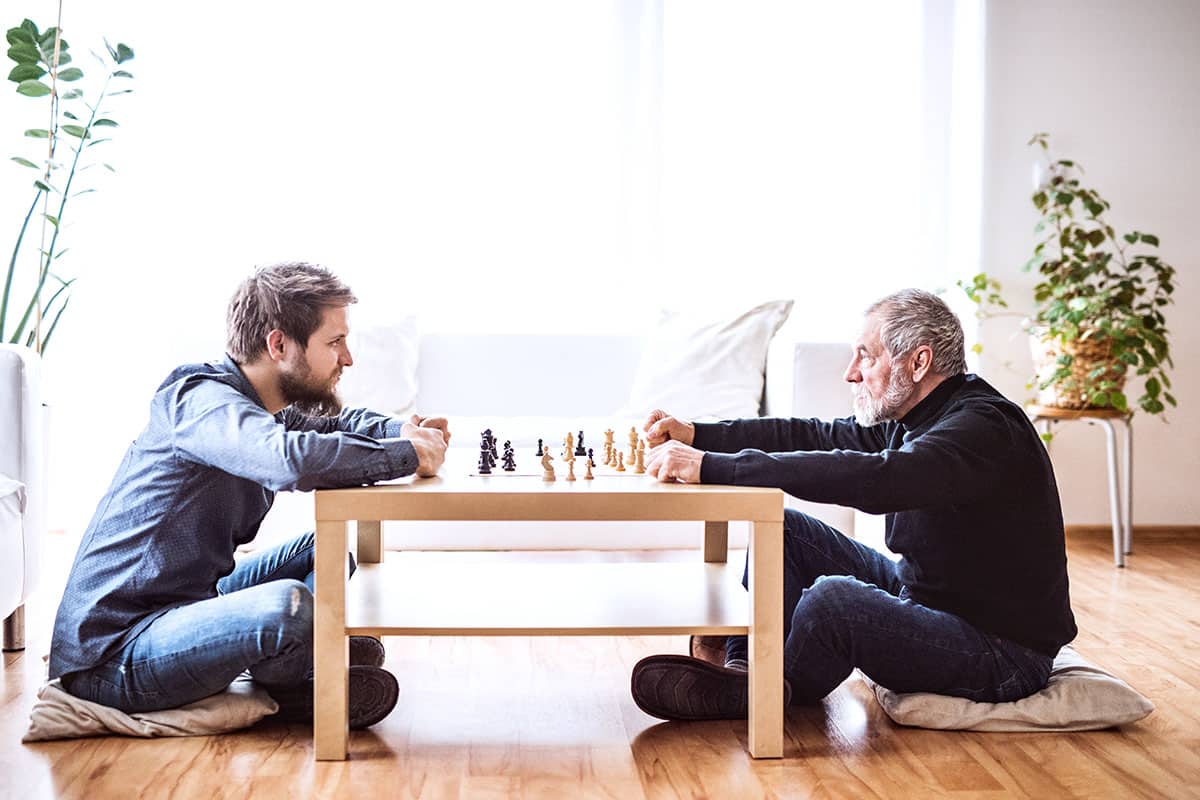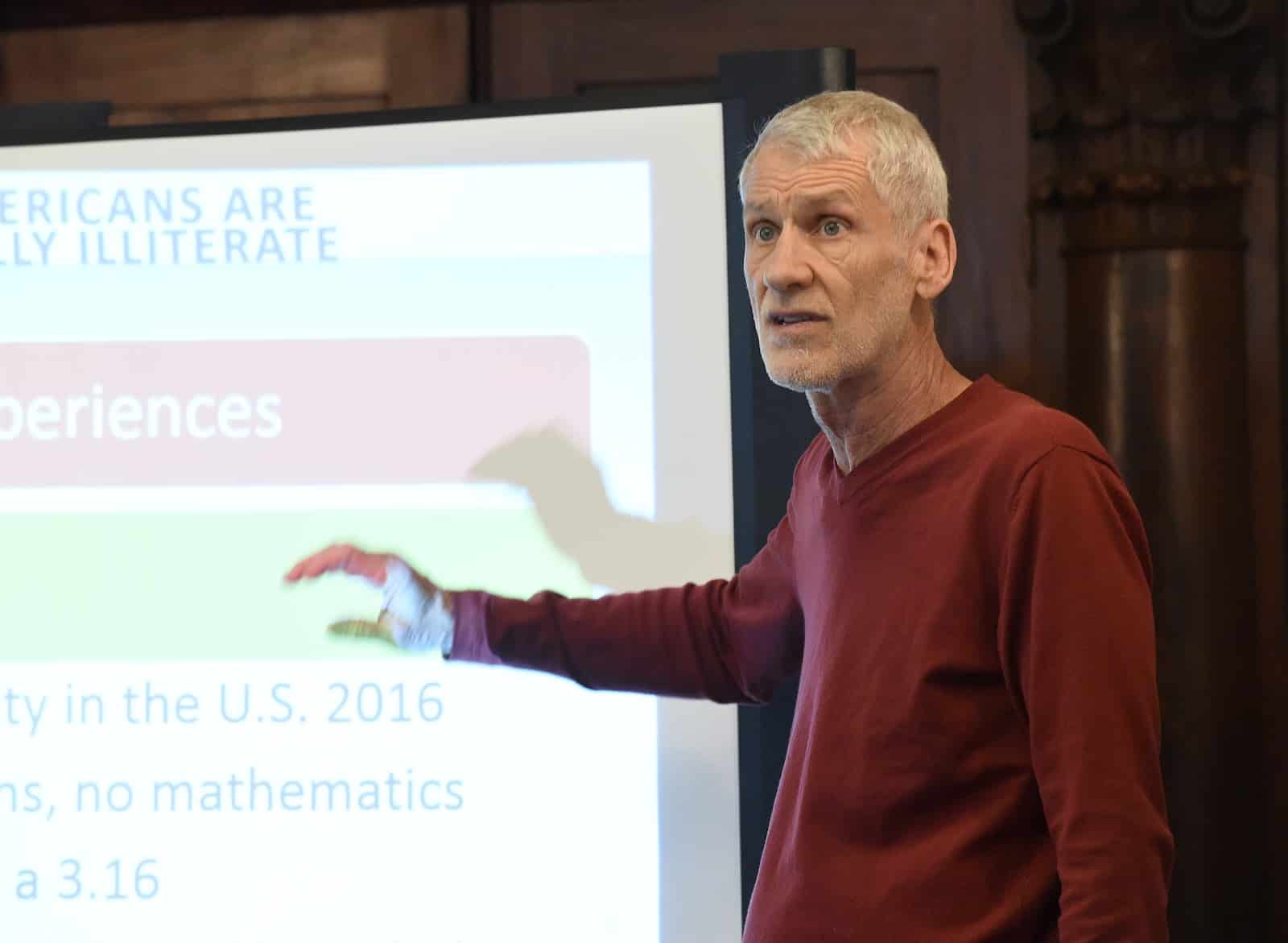
By Carlos Thomas
During this time of uncertainty, when stock market values across the globe are volatile at best, many are worried about their financial future.
Innovative financial empowerment program Bridges to Wealth (B2W) strives to continue its goal of spreading the wealth by teaching financial empowerment to students, parents, and local community partners. With social-distancing in mind, they have adapted their monthly in-person investment meeting to a virtual format by launching the Adult Community Programming Town Hall series.
